Ocean Farmers Unlock Grants, Expand Farms with Kelp Climate Fund
Regenerative ocean farmers are leading the fight against climate change with the positive impacts of their farms, improving the health of our planet through blue carbon capture, nitrogen removal, and reef restoration. GreenWave started the Kelp Climate Fund (KCF) program to pay kelp farmers for their climate impacts while markets for kelp and blue carbon continue to develop. The program provides farmers with the resources to scale their farm infrastructure, protect against price fluctuations and extreme weather events, and measure the climate impact to build community buy-in for their farms.
Launched in 2021, the Kelp Climate Fund started as a pilot with nine small- and medium-sized farms from around the United States. For the 23/24 farm season just underway, GreenWave has grown the Fund to $540,000, with more than 45 participating farms planting a projected 679,375 feet of seedstring.
For Jonny Antoni, founder of Sea Quester Farms in Juneau, Alaska, KCF subsidies provide the opportunity to make critical farm infrastructure improvements. “Affording good equipment is crucial,” says Jonny. “Our first year we had to skimp on our anchors, and it bit us pretty hard.” That season, their anchors couldn’t bear the force of the tides which resulted in crop loss. Sea Quester Farms has since used KCF funds to invest in new gear, as well as kelp processing equipment.
With this investment, Sea Quester Farms was able to double the amount of kelp seed they outplanted this season to 20,000 feet. “GreenWave is really investing in the farmers,” says Jonny. “Not only will we be able to develop a sustainable business, but we will also be able to develop an entire industry at an accelerated pace.”
Other Alaska farmers have used KCF to unlock additional funding sources, leveraging this year’s subsidies as a required match to apply to the state’s Mariculture Incentive Grant Program. These funds will be distributed to mariculture businesses throughout Alaska to provide resources for farms, hatcheries, nurseries, and processing facilities, either for expanding existing operations or supporting the development of new mariculture businesses.
In Rhode Island, Azure Cygler, owner of Rhody Wild Sea Gardens, also secured additional funding by utilizing seasonal data she collects as a Kelp Climate Fund participant. Along with other KCF farmers, she uses GreenWave’s My Kelp app to measure and track outplanting conditions, growth rates, crop yields, and the environmental benefits of her farm. By demonstrating the quantifiable environmental benefits of kelp farming with My Kelp’s reports, Rhody Wild Sea Gardens received a grant through the Natural Resources Conservation Service (NRCS) to develop standardized conservation practices for kelp farming in Rhode Island. Once these standards are finalized, other Rhode Island kelp farmers can apply for NRCS funding to be compensated for the environmental benefits of their farms. “One of the reasons the NRCS is seeing that this is even possible is because organizations like GreenWave are already priming the pump,” says Azure.
Launched in 2022, the My Kelp app builds a culture of farmer-owned data to ensure farmers can optimize farm management and marketing, as well as benefit from future ecosystem service markets. GreenWave aggregates this data to track North American trends in linear feet planted, carbon and nitrogen removed, and harvest volumes. GreenWave continues to adapt the tool to make it easier for farmers to monitor crop growth over the course of the season and make year-to-year comparisons. This month, GreenWave added new functionality that will allow farmers to track new data points, including daily harvest amounts, average pounds per foot, line loss, water temperature, and biofouling.
KCF farmers have used My Kelp reports to demonstrate environmental impacts at permit hearings, report yields to state regulators, and share data with key stakeholders in the industry.
A member of the Kelp Climate Fund since 2022, Azure is using this year’s funds to help pay for barge repairs and buy new anchors for her planned farm expansion. “When we look at our well-being as farmers in America, as water workers, having just a little bit of financial burden lifted means you can think clearer, you can work with more joy, and you can see problems,” she says.
GreenWave looks forward to expanding the Kelp Climate Fund, directly supporting farmers for the positive externalities of their work as they yield meaningful impacts in the push to create a blue economy.






